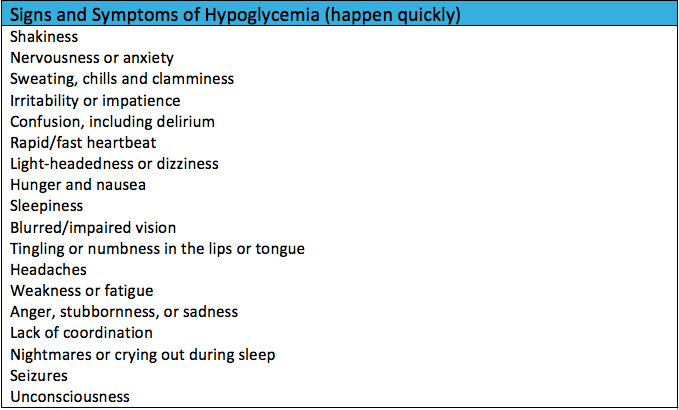03 May Diabetes in Ramadan: Is fasting putting your life in danger? Know the risks!
Risks of Fasting in Ramadan with Diabetes
Summary!
There are many health risks associated with fasting while managing diabetes. If you are planning to fast, it is important that you and your family are very familiar with the risks at all times, as some may be life threatening. As mentioned in the article, many of the main risks include: hypoglycemia, hyperglycemia and ketoacidosis.
The majority of Muslim patients with diabetes are passionate about the Ramadan fast but are unaware of the possible complications of fasting, which include hyperglycaemia, hypoglycaemia, and increased risk of dehydration and thrombosis (3)
Fasting during the day influences the control of diabetes because of changes in meal times, the type of food eaten and daily lifestyle. Therefore, there is high risk of developing acute complications like hypoglycemia or ketoacidosis during fasting. The major risk of diabetics who fast during Ramadan is hypoglycemia. On the other hand, the excessive consumption of sweet and fried foods especially with the Iftar meal may pre-dispose to hyperglycemia. (4)

Hypoglycaemia: A patient’s blood glucose level drops too low below 4mmol/L or 70 mg/dL. This is especially a risk during Ramadan for patients on insulin or other glucose lowering diabetes medications. Any medication that lowers your blood glucose has the potential to induce a hypoglycaemic state during fasting.
From the American Diabetes Association:
- Each person’s reaction to hypoglycemia is different, so it’s important that you learn your own signs and symptoms when your blood glucose is low.
- The only sure way to know whether you are experiencing hypoglycemia is to check your blood glucose, if possible. If you are experiencing symptoms and you are unable to check your blood glucose for any reason, treat the hypoglycemia. Severe hypoglycemia has the potential to cause accidents, injuries, coma, and death.
From theAmerican Diabetes Association: Hyperglycaemia: A patient’s blood glucose level becomes elevated (7.0 mmol/L or 126 mg/dL)
- Hyperglycemia is the technical term for high blood glucose (blood sugar). High blood glucose happens when the body has too little insulin or when the body can’t use insulin properly.

Risk of dehydration: Dehydration is a particular concern during long fasting hours, and even moreso in hot summer climates. Dehydration during Ramadan fasting may affect or worsen kidney function. Dehydration is dangerous as it may also lead to Ketoacidosis: A diabetic coma
From the Hamad Medical Corporation:
- Dehydration can result in a higher blood viscosity (stickiness), which increases the chances of thrombosis (blood clots). For diabetics who choose to fast during Ramadan, it is important to drink plenty of water during non-fasting hours. Staying hydrated can help prevent dehydration and associated complications.
Ketoacidosis: Life-threatening state associated with poorly managed hyperglycemia
From the American Diabetes Association:
- If you fail to treat hyperglycemia, a condition called ketoacidosis (diabetic coma) could occur. Ketoacidosis develops when your body doesn’t have enough insulin. Without insulin, your body can’t use glucose for fuel, so your body breaks down fats to use for energy.
- When your body breaks down fats, waste products called ketones are produced. Your body cannot tolerate large amounts of ketones and will try to get rid of them through the urine. Unfortunately, the body cannot release all the ketones and they build up in your blood, which can lead to ketoacidosis.
- Ketoacidosis is life-threatening and needs immediate treatment. Symptoms include:

- Talk to your doctor about how to handle this condition.
Muslim patients with diabetes who choose to fast put their health in danger if making the decision to fast without consultation with their doctor and medical approval. Some patients are not able to fast given their medical history. Even if a patient IS healthy enough to fast, they need to adjust their medication based on medical recommendations, be aware of risks and complications and ensure proper lifestyle strategies are in place to successfully fast safely.
REFERENCES
3. Hassanein, M., Bravis, V., Hui, E., & Devendra, D. (2009). Ramadan-focused education and awareness in type 2 diabetes. Diabetologia, 52(2), 367.
4. Zabeen, B., Tayyeb, S., Benarjee, B., Baki, A., Nahar, J., Mohsin, F., … & Azad, K. (2014). Fasting during Ramadan in adolescents with diabetes. Indian journal of endocrinology and metabolism, 18(1), 44.





No Comments